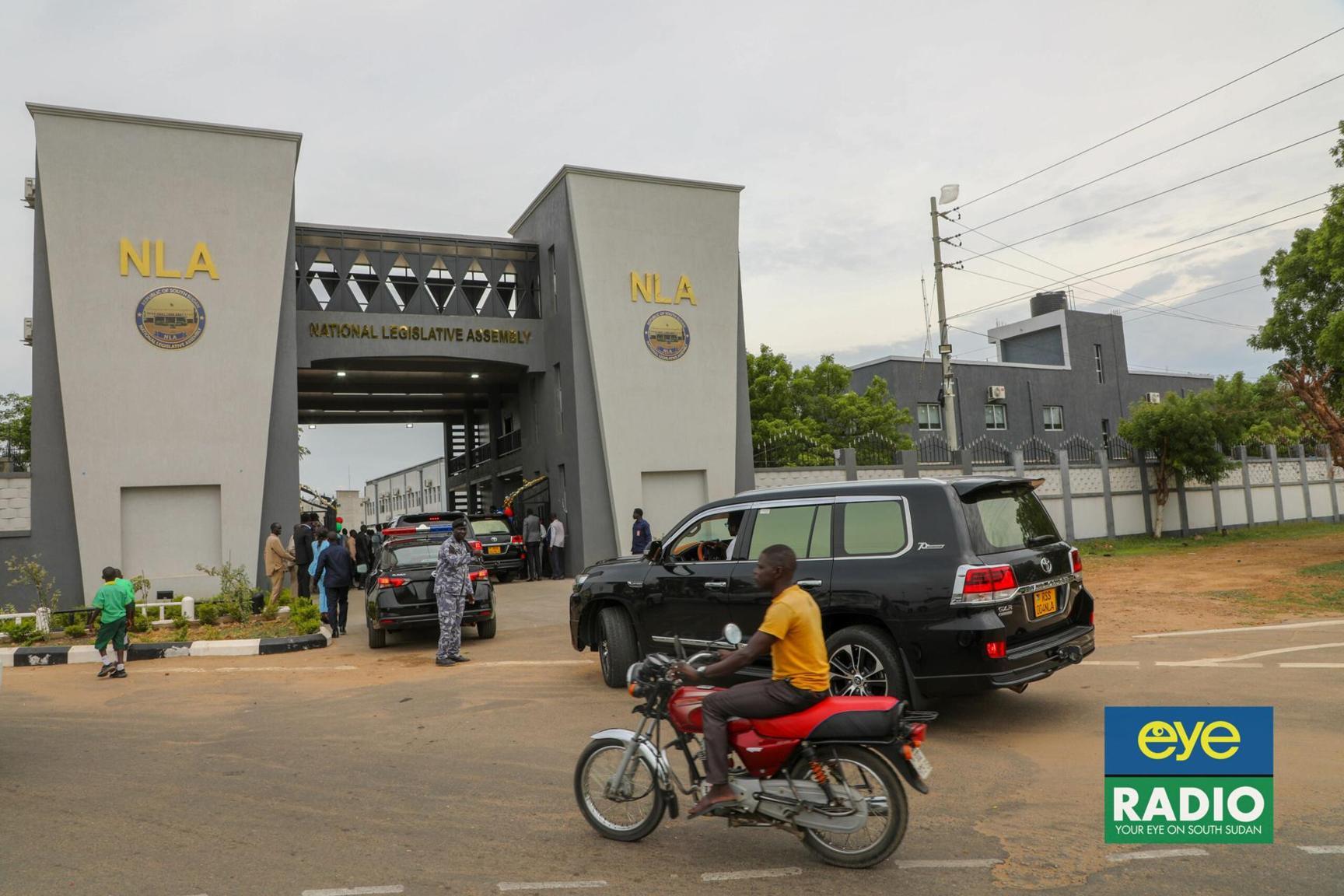Africa-Press – South-Sudan. The Association for Media Development in South Sudan called on the national parliament spokesperson to retract his 27th May statement warning reporters of consequences should they report criticisms of the timing of a political rally.
Oliver Mori Benjamin, the head of Parliamentary Committee on Information, warned journalists and media outlets against reporting statements made by lawmakers, denouncing the endorsement of Salva Kiir endorsement for December 2024 elections, in times of economic hardship.
During a session discussing a report from the Inter-Parliamentary Union Assembly, Joseph Malual, an SPLM-IO-nominated lawmaker from Lakes State, questioned why the parliament remained silent about the rally while citizens were suffering from hunger.
Malual was later forced to apologize and retract his criticism of SPLM’s May 25 rally, which he claimed was held at the expense of the suffering populace.
Following the session, the parliamentary spokesperson, Oliver Mori, called for a reporters audience to give a strongly-worded warning against reporting on the incident.
“I am questioning you in that this is statements of personality attacking the symbol of the country and it should not not feature in your press, being written or in aired on the radios which we have in the country,” Mori said.
In response, AMDISS said it urges the parliament spokesperson to withdraw his statement and grant press freedom as stipulated in the transitional constitution.
The media advocacy group said it is deeply concerned by the waring issued by the legislator against the media.
“In the spirit of promoting dialogue in South Sudan and creating and create a space for journalist to do their work, AMDISS strongly urges Hon. Mori to withdraw his warning and refrain from using rude words against the media.”
While giving his warning, Mori stated that journalists who reported on the remarks would do so at their own risk.
“Anybody who indulges himself or herself to that, she or he will bear the consequences. I am saying this, so that you as ladies and gentlemen of the Press should not later say well, our spokesperson of the parliament why did you not question us from the beginning.”
“I have told it to you in black and white, go in peace, and we expect that you will abide by what we have said in this press conference. Anybody who goes out of it, you will know the consequences and I will not be part of it.”
It was not the first instance of journalists being cautioned against reporting such matters.
In April 2024, security personnel in parliament censored journalists from reporting a statement by an MP who questioned the House’s silence over the country’s economic hardships.
The legislator, who is from the South Sudan Opposition Alliance, warned that if the parliament continued to ignore the economic situation, protests would ensue.
He was later compelled to withdraw his statement under pressure from the majority. A day later, another lawmaker informed the house that the MP who made the statement was investigated by security on the same day.
The media watchdog Reporters Without Borders, commonly known as RSF, says freedom of the press is extremely precarious in South Sudan, where journalists work under constant threat and intimidation, and where censorship is ever-present.
It adds that media outlets in South Sudan are routinely blocked from covering issues related to conflict and journalists often face harassment, arbitrary detention and intimidation.
For More News And Analysis About South-Sudan Follow Africa-Press






